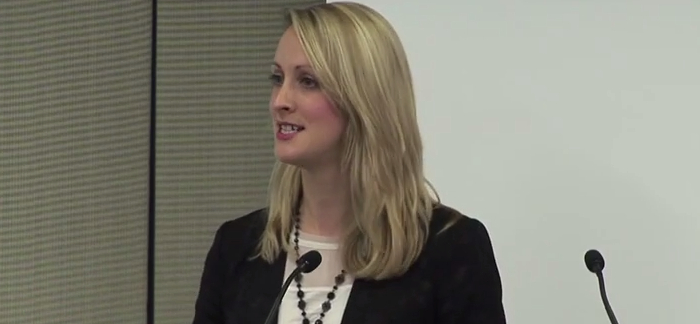A unitary form of government is a government that dictates what rights states, municipalities, and citizens have. Usually there is no avenue for the redress of any decision made by a unitary government.
What Are the Pros of a Unitary Government?
1. They Are Simple
Unitary government is simple. Fewer people are involved in the decision making process so that decisions are made faster and more efficiently.
2. No Money Go Round
There is no money-go-round. Financial decision making power is held by a small number of people or an individual. The level of corruption can be less because fewer people with self motivated interests have direct access to the decision maker.
3. Economic Management is Simplified
Economic management is simplified because fewer people are involved in decisions concerning taxation or the spending of taxes. There is a lower potential for payoffs because the judicial and tax branches of the government reside in one person or a small group of people.
4. Instill a High Level of National Pride
Unitary governments often instill a high level of national pride in their citizens. Unitary governments have been shown to have a population that is more willing to fight for their country in wars.
What Are the Cons of a Unitary Government?
1. Can Become Dictatorships
Unitary governments can often become dictatorships with a single individual attempting to run all phases of the government. Very few individuals are capable of being a wise leader, a strong military strategist, and a financial expert all at the same time.
2. To Much Bureaucracy
In order to deal with the complexities of running a large state or a state that encompasses vast regions of territory unitary governments often become huge. The bureaucracy can become gargantuan as a few people delegate a limited amount of authority to individuals so that the work of government gets done.
3. Slow Response to Natural Disasters
Response to natural disasters and local issues is slow. Most unitary governments keep the armed forces and the personnel that deal with natural disasters in a central location or in just a few areas. A response to a natural disaster in a far flung part of the country can take a long time.
4. Do Not Respond Quickly to Local Issues
Unitary governments do not respond quickly to local issues. The leadership is not familiar with the people involved or the economics of a local situation. Unitary governments can make arbitrary decisions at a local level that only serve to make the original problem much worse.
5. Little Ability to Address Unitary Government
The average citizen has little ability to address a unitary government or make changes to policy. This often produces a citizenry that is resentful, indolent, and distrustful of their government to the point of open rebellion.
6. Stifle Efforts to Move Forward
Unitary governments can often stifle the natural urge for people to get ahead in government or any other endeavor. If the rules are dictated by just a few and the advantages are received by only a few even the most gifted people may not see the point in expending the effort to be exceptional because they see no profit in the cost of their time and effort.




